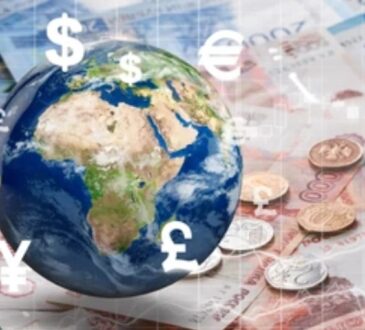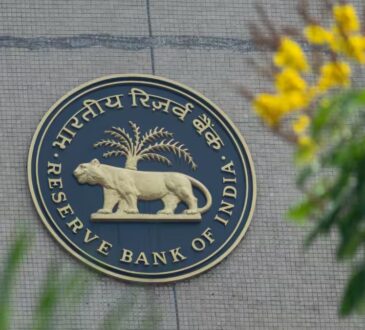(Bloomberg) — Emerging-market equities and currencies snapped three days of declines on Monday as President Donald Trump signaled certain nations will receive breaks from next week’s reciprocal tariffs, boosting risk appetite across the region.
Most Read from Bloomberg
The MSCI emerging-market equity index rose 0.4%, driven by gains in Hong Kong-traded technology bluechips. Developing-world currencies, meanwhile, traded mixed, with the broad gauge up less than 0.1%. The Mexican peso led gains amid easing tariff pressures from the world’s largest economy.
Trump’s upcoming tariff announcement on April 2 is poised to be more targeted than the barrage he has occasionally threatened, providing a relief for markets gripped by anxiety about an all-out tariff war. In a White House briefing on Monday the president said his tariff rollout next Wednesday would focus on so-called “reciprocal” tariffs, featuring rates on a country-by-country basis.
It was a “positive start of the week (risk-on) without fiery weekend headlines, but rather some constructiveness easing tariff pressures,” said Alejandro Cuadrado, chief strategist at BBVA in New York. “April 2 is still the next big milestone.”
In Mexico, the latest economic data showed that inflation slowed more than expected in the first half of March, ahead of a central bank meeting this week where policymakers will consider a sixth straight rate cut.
“The recent inflation figures support another 50bp rate cut at the March 27 meeting and the continuation of a gradual monetary policy rate normalization cycle,” said Alberto Ramos, chief Latin America economist at Goldman Sachs Group Inc.
The Polish zloty, the most actively-traded currency in eastern Europe, was the best performer among regional peers with a 0.3% advance against the greenback, followed by the Czech koruna, as traders monitor the latest developments in the Ukraine war. Investors are waiting for more signals from negotiations on a potential ceasefire in Ukraine.
In Turkey, the lira remained under pressure after the detention of President Recep Tayyip Erdogan’s biggest opponent sparked a sharp selloff and protests across the capital.
And in bond markets, Indonesian dollar notes were among the worst EM performers amid concerns over the impact of the government’s economic policies on growth and state finances. The country’s stocks trimmed losses after the new sovereign wealth fund said two former presidents will be advisors, easing market concerns over its leadership.




